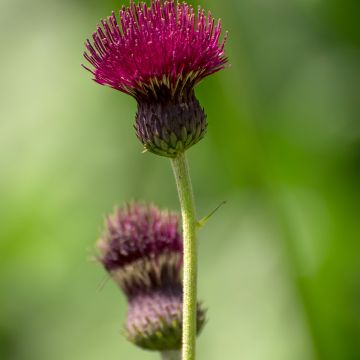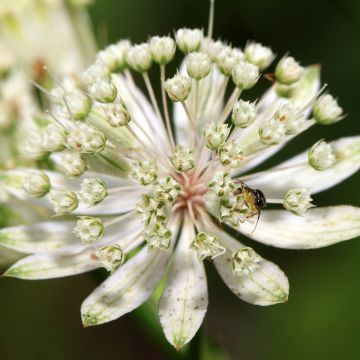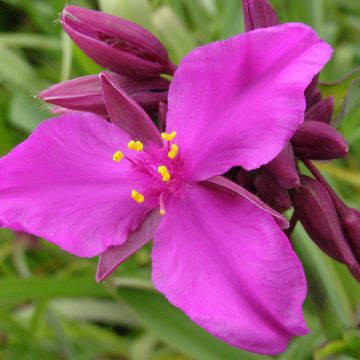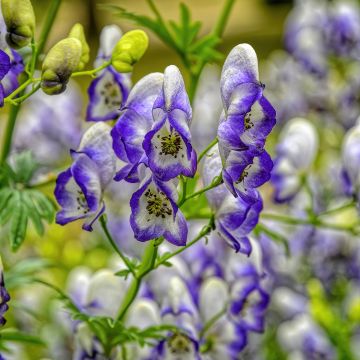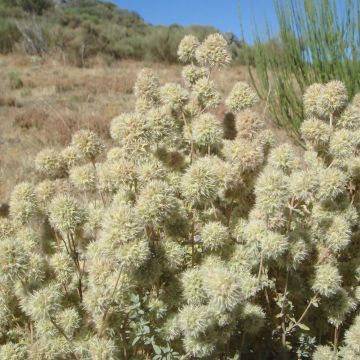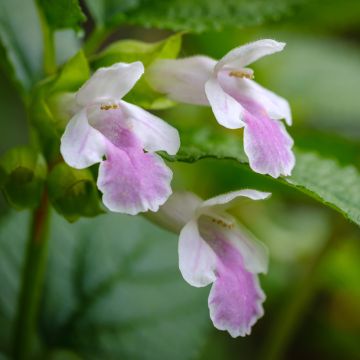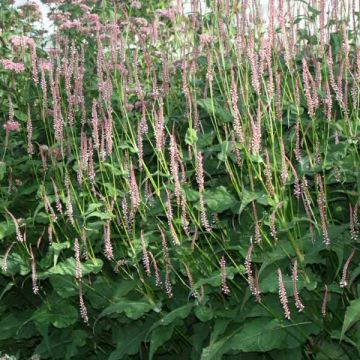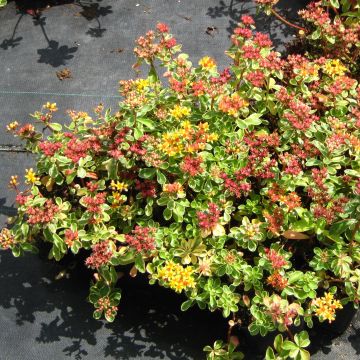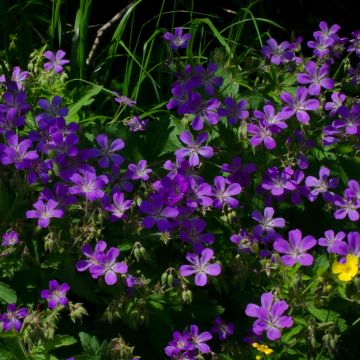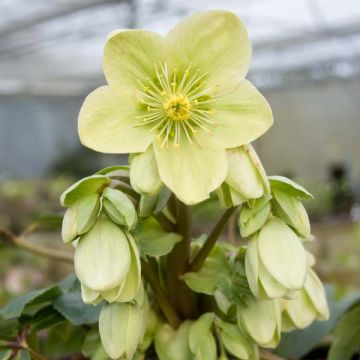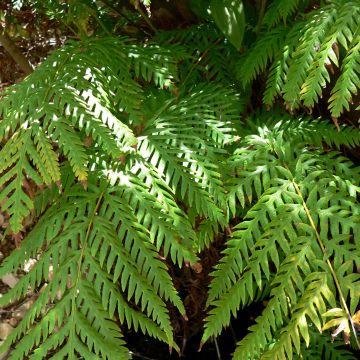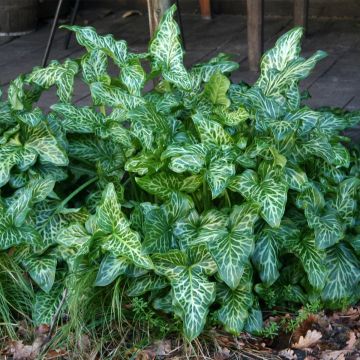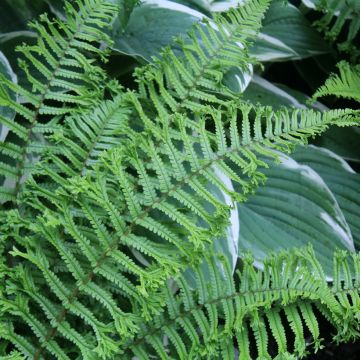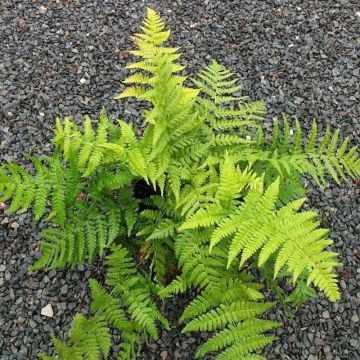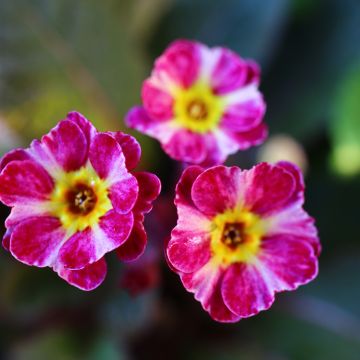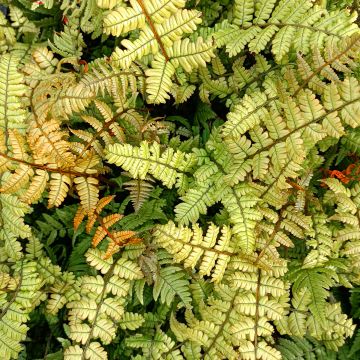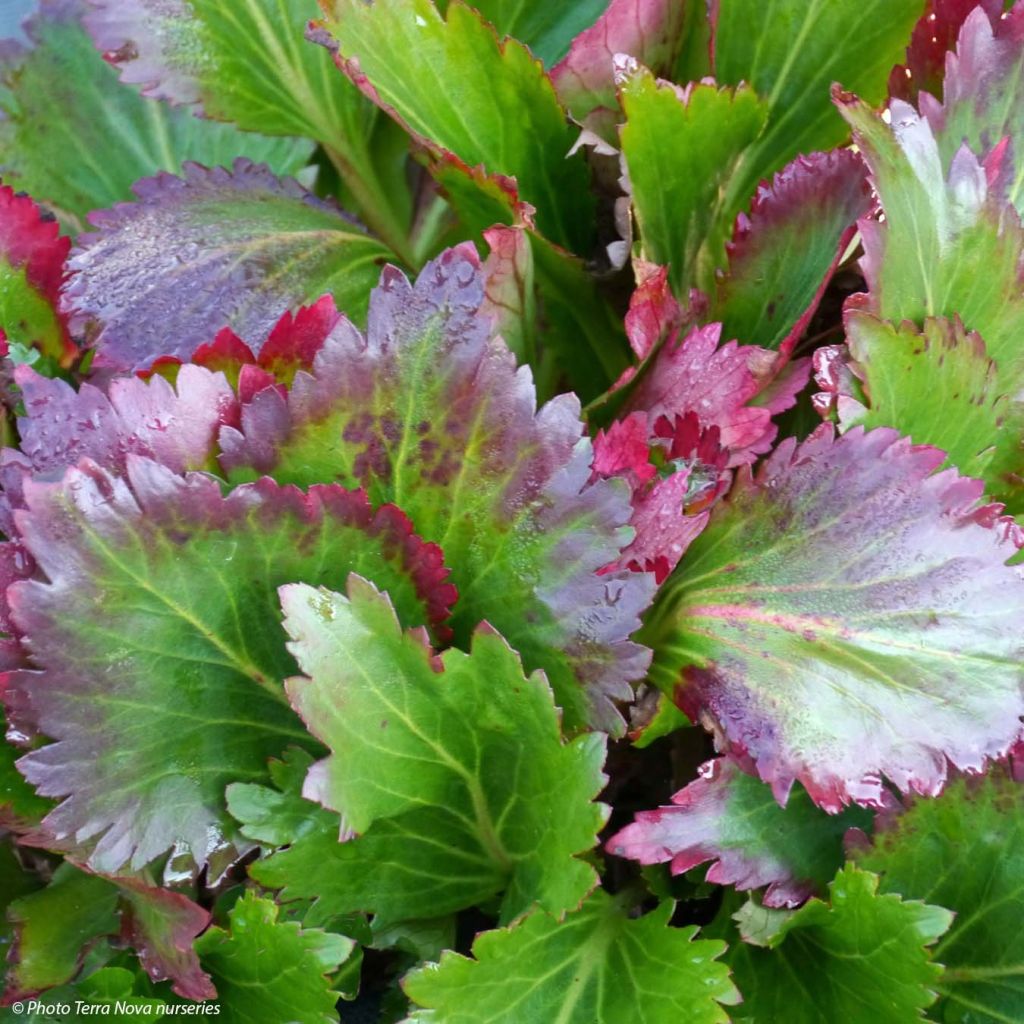

Mukgenia Nova Flame
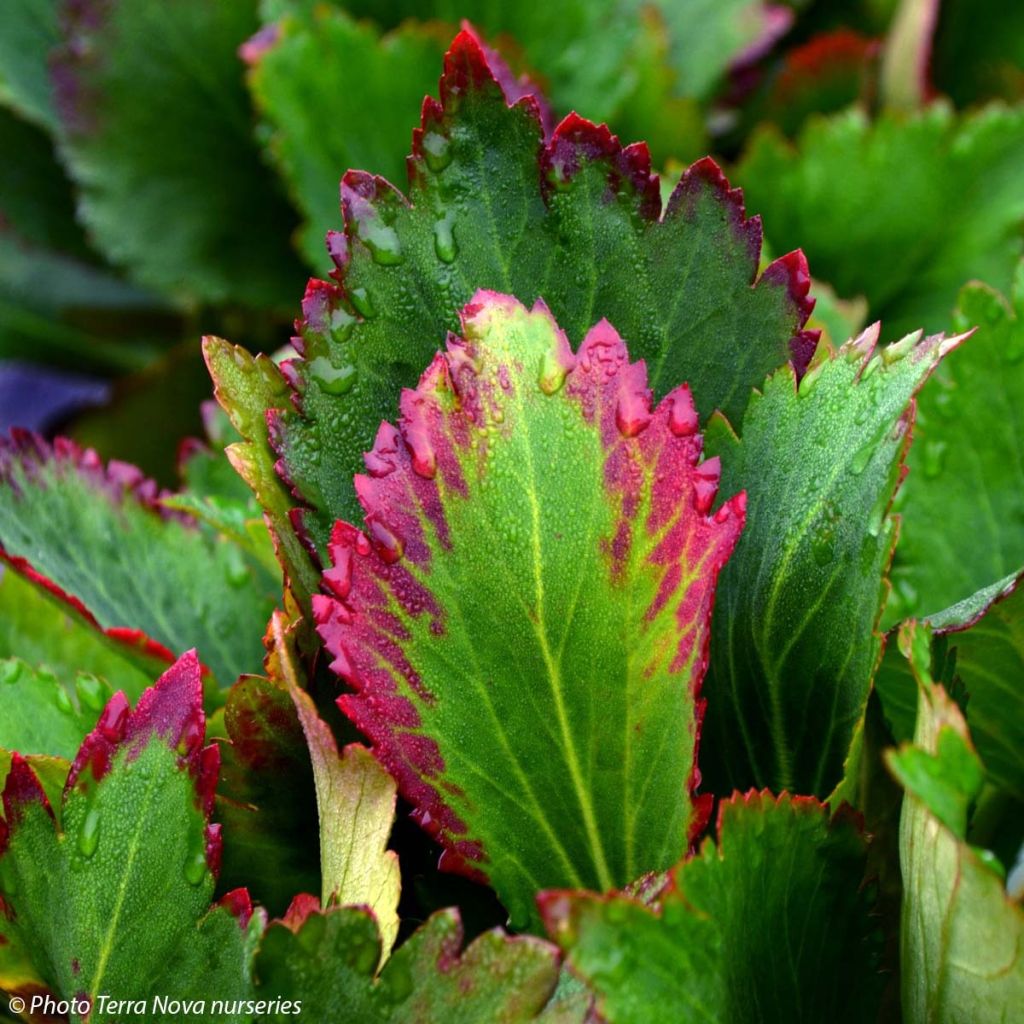

Mukgenia Nova Flame
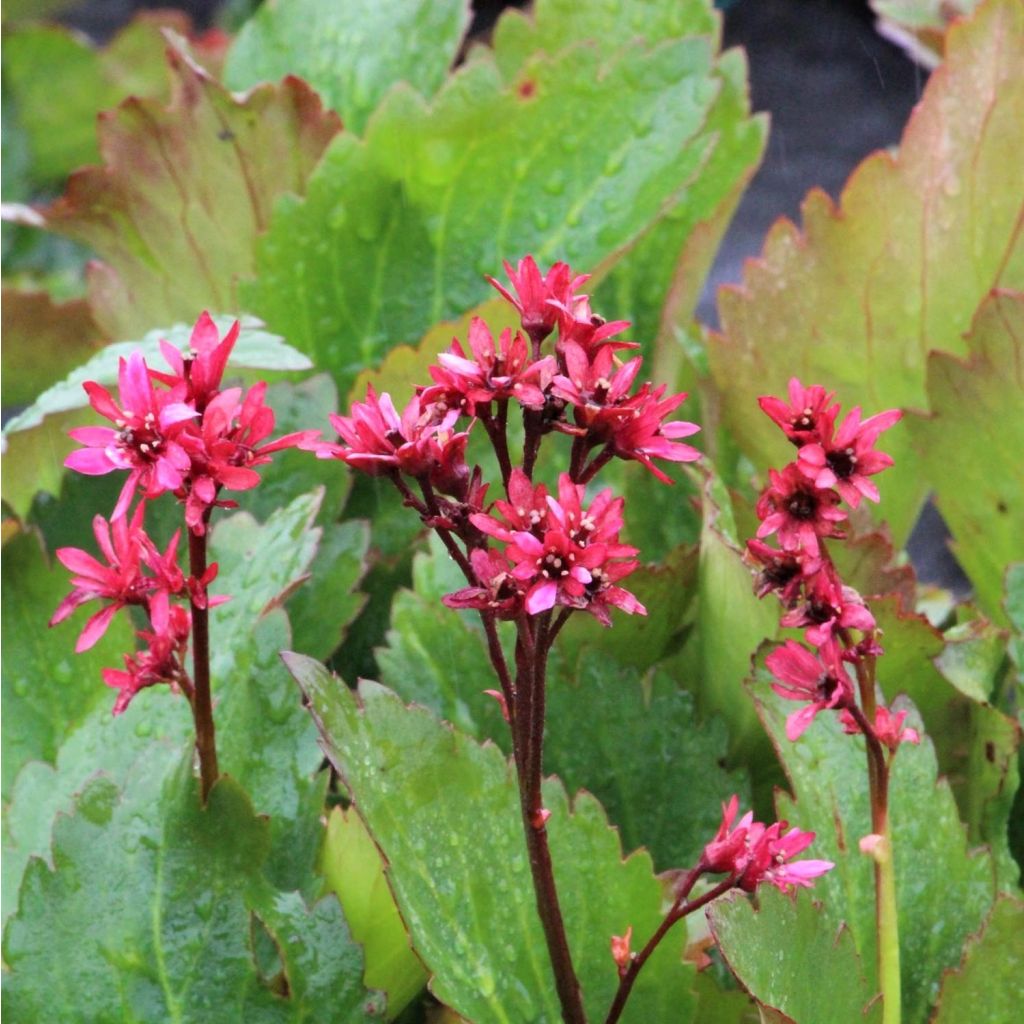

Mukgenia Nova Flame
Mukgenia Nova Flame
(x) Mukgenia Nova Flame
Thanks to the individuals (order preparation & quality control and Josiane from the shipping department), the young plant received appears to be healthy. Planted in a rockery near a Bergenia, I am now awaiting its establishment...
Thierry, 29/09/2019
Order in the next for dispatch today!
Dispatch by letter from €3.90.
Delivery charge from €5.90 Oversize package delivery charge from €6.90.
Current delivery delay: 1 day.
More information
This item is not available in your country.
Schedule delivery date,
and select date in basket
This plant carries a 12 months recovery warranty
More information
We guarantee the quality of our plants for a full growing cycle, and will replace at our expense any plant that fails to recover under normal climatic and planting conditions.
From €5.90 for pickup delivery and €6.90 for home delivery
Express home delivery from €8.90.
From €5.90 for pickup delivery and €6.90 for home delivery
Express home delivery from €8.90.

Does this plant fit my garden?
Set up your Plantfit profile →
Description
The Mukgenia 'Nova Flame' is a new perennial plant created in the United States. This amazing hybrid is the result of cross-breeding between a Mukdenia, which has passed on its beautiful autumn colors and a preference for cool shade, and a Bergenia, from which it inherits its pretty spring flowering with bright pink florets and its semi-evergreen and fleshy foliage. Its foliage is deeply cut and toothed, changing from bright green to pink and red before turning orange and bright yellow in autumn. This small hardy plant forms an original and colourful ground cover in partial shade, in fertile and moist soil, such as in a rockery or a shaded border, or under the cover of deciduous bushes. It also thrives in pots.
The Mukgenia 'Nova Flame' is a plant from the saxifragaceae family, just like its two parents. Obtained in 2014 in the USA by Terra Nova Nurseries, this intergeneric hybrid has the Bergenia cordifolia as its mother and the Mukdenia 'Crimson Fans' as its father.
The plant quickly forms a spreading, compact, low clump, 35 cm (14in) tall and 60 cm (24in) wide at the age of 10 years, expanding over time through its fleshy roots. It is composed of late deciduous leaves that disappear in late autumn. These leaves, fleshy and glossy like those of Bergenia, are ample and strongly, irregularly toothed along the edges, like those of the father. Their color is initially an acidic green bordered with red when they emerge, then they turn into a bright medium green, becoming red-orange to yellow before disappearing. The flowering emerges in March-April, above the foliage, in the form of thick reddish stems bearing compound panicles of small fleshy flowers with toothed edges, in a fairly deep pink color.
The Mukgenia Nova Flame is an easy-going plant in cool woodland, under shrub borders, in mixed borders, or even in moist and somewhat shaded rockeries. It can be paired with hostas, ferns, Japanese anemones, and bleeding hearts, as well as the beautiful Persicaria virginiana Painters Palette, plants that appreciate the same environments. The combination with the 'Hakonechloa macra Alboaurea', a small golden grass, will be very striking. Shrubs such as hydrangeas and fuchsias will welcome this lovely plant at their base, as long as the soil does not dry out.
Report an error about the product description
Mukgenia Nova Flame in pictures
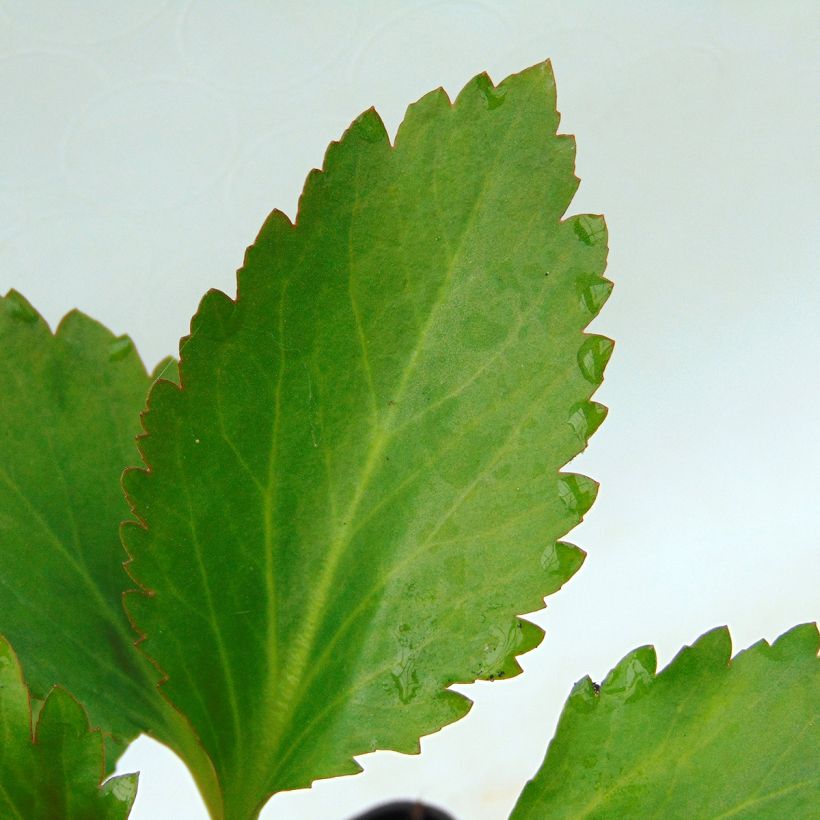

Flowering
Foliage
Plant habit
Botanical data
(x) Mukgenia
Nova Flame
Saxifragaceae
Cultivar or hybrid
Other Perennials A to Z
Planting and care
The Mukgenia 'Nova Flame' is planted in spring or autumn. This hardy perennial is ideal for shady or semi-shady gardens, in moist and preferably humus-rich soil, but also clayey as long as it is well-drained and low in limestone. Choose a location with morning sun or shaded during the hottest hours of the day.
Planting period
Intended location
Care
-
, onOrder confirmed
Reply from on Promesse de fleurs
Shade-loving perennials
Haven't found what you were looking for?
Hardiness is the lowest winter temperature a plant can endure without suffering serious damage or even dying. However, hardiness is affected by location (a sheltered area, such as a patio), protection (winter cover) and soil type (hardiness is improved by well-drained soil).

Photo Sharing Terms & Conditions
In order to encourage gardeners to interact and share their experiences, Promesse de fleurs offers various media enabling content to be uploaded onto its Site - in particular via the ‘Photo sharing’ module.
The User agrees to refrain from:
- Posting any content that is illegal, prejudicial, insulting, racist, inciteful to hatred, revisionist, contrary to public decency, that infringes on privacy or on the privacy rights of third parties, in particular the publicity rights of persons and goods, intellectual property rights, or the right to privacy.
- Submitting content on behalf of a third party;
- Impersonate the identity of a third party and/or publish any personal information about a third party;
In general, the User undertakes to refrain from any unethical behaviour.
All Content (in particular text, comments, files, images, photos, videos, creative works, etc.), which may be subject to property or intellectual property rights, image or other private rights, shall remain the property of the User, subject to the limited rights granted by the terms of the licence granted by Promesse de fleurs as stated below. Users are at liberty to publish or not to publish such Content on the Site, notably via the ‘Photo Sharing’ facility, and accept that this Content shall be made public and freely accessible, notably on the Internet.
Users further acknowledge, undertake to have ,and guarantee that they hold all necessary rights and permissions to publish such material on the Site, in particular with regard to the legislation in force pertaining to any privacy, property, intellectual property, image, or contractual rights, or rights of any other nature. By publishing such Content on the Site, Users acknowledge accepting full liability as publishers of the Content within the meaning of the law, and grant Promesse de fleurs, free of charge, an inclusive, worldwide licence for the said Content for the entire duration of its publication, including all reproduction, representation, up/downloading, displaying, performing, transmission, and storage rights.
Users also grant permission for their name to be linked to the Content and accept that this link may not always be made available.
By engaging in posting material, Users consent to their Content becoming automatically accessible on the Internet, in particular on other sites and/or blogs and/or web pages of the Promesse de fleurs site, including in particular social pages and the Promesse de fleurs catalogue.
Users may secure the removal of entrusted content free of charge by issuing a simple request via our contact form.
The flowering period indicated on our website applies to countries and regions located in USDA zone 8 (France, the United Kingdom, Ireland, the Netherlands, etc.)
It will vary according to where you live:
- In zones 9 to 10 (Italy, Spain, Greece, etc.), flowering will occur about 2 to 4 weeks earlier.
- In zones 6 to 7 (Germany, Poland, Slovenia, and lower mountainous regions), flowering will be delayed by 2 to 3 weeks.
- In zone 5 (Central Europe, Scandinavia), blooming will be delayed by 3 to 5 weeks.
In temperate climates, pruning of spring-flowering shrubs (forsythia, spireas, etc.) should be done just after flowering.
Pruning of summer-flowering shrubs (Indian Lilac, Perovskia, etc.) can be done in winter or spring.
In cold regions as well as with frost-sensitive plants, avoid pruning too early when severe frosts may still occur.
The planting period indicated on our website applies to countries and regions located in USDA zone 8 (France, United Kingdom, Ireland, Netherlands).
It will vary according to where you live:
- In Mediterranean zones (Marseille, Madrid, Milan, etc.), autumn and winter are the best planting periods.
- In continental zones (Strasbourg, Munich, Vienna, etc.), delay planting by 2 to 3 weeks in spring and bring it forward by 2 to 4 weeks in autumn.
- In mountainous regions (the Alps, Pyrenees, Carpathians, etc.), it is best to plant in late spring (May-June) or late summer (August-September).
The harvesting period indicated on our website applies to countries and regions in USDA zone 8 (France, England, Ireland, the Netherlands).
In colder areas (Scandinavia, Poland, Austria...) fruit and vegetable harvests are likely to be delayed by 3-4 weeks.
In warmer areas (Italy, Spain, Greece, etc.), harvesting will probably take place earlier, depending on weather conditions.
The sowing periods indicated on our website apply to countries and regions within USDA Zone 8 (France, UK, Ireland, Netherlands).
In colder areas (Scandinavia, Poland, Austria...), delay any outdoor sowing by 3-4 weeks, or sow under glass.
In warmer climes (Italy, Spain, Greece, etc.), bring outdoor sowing forward by a few weeks.



































